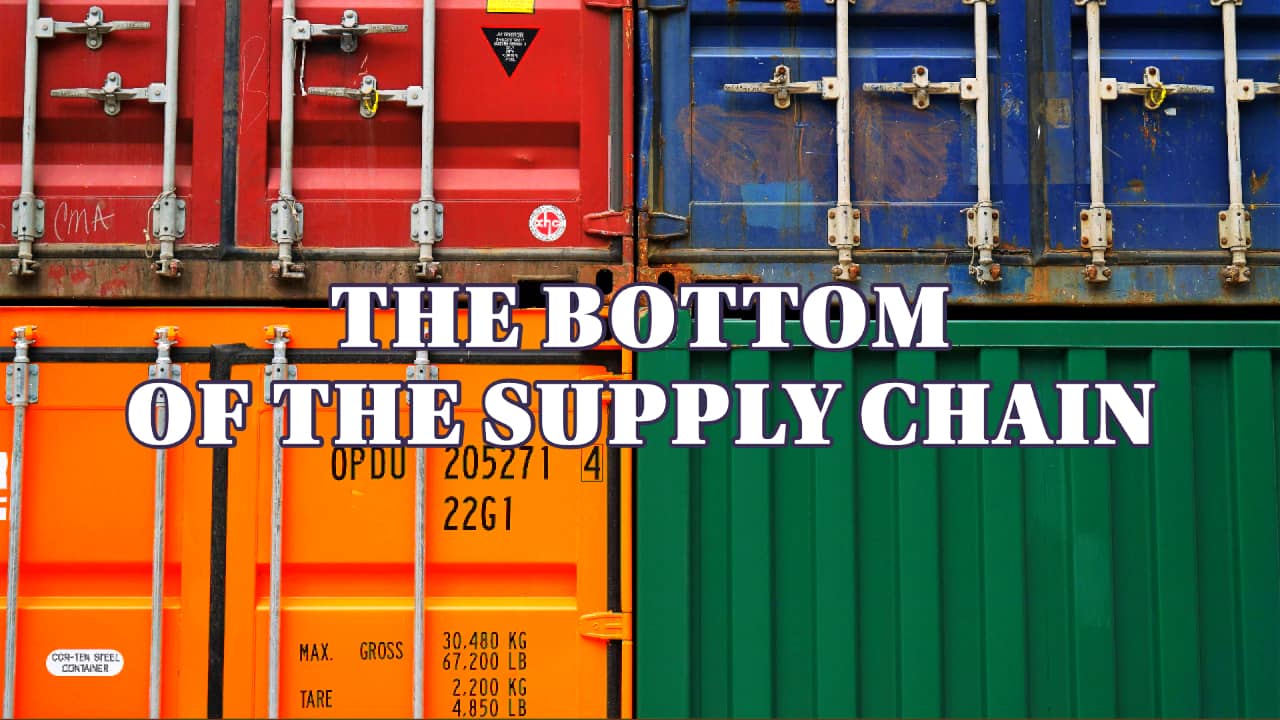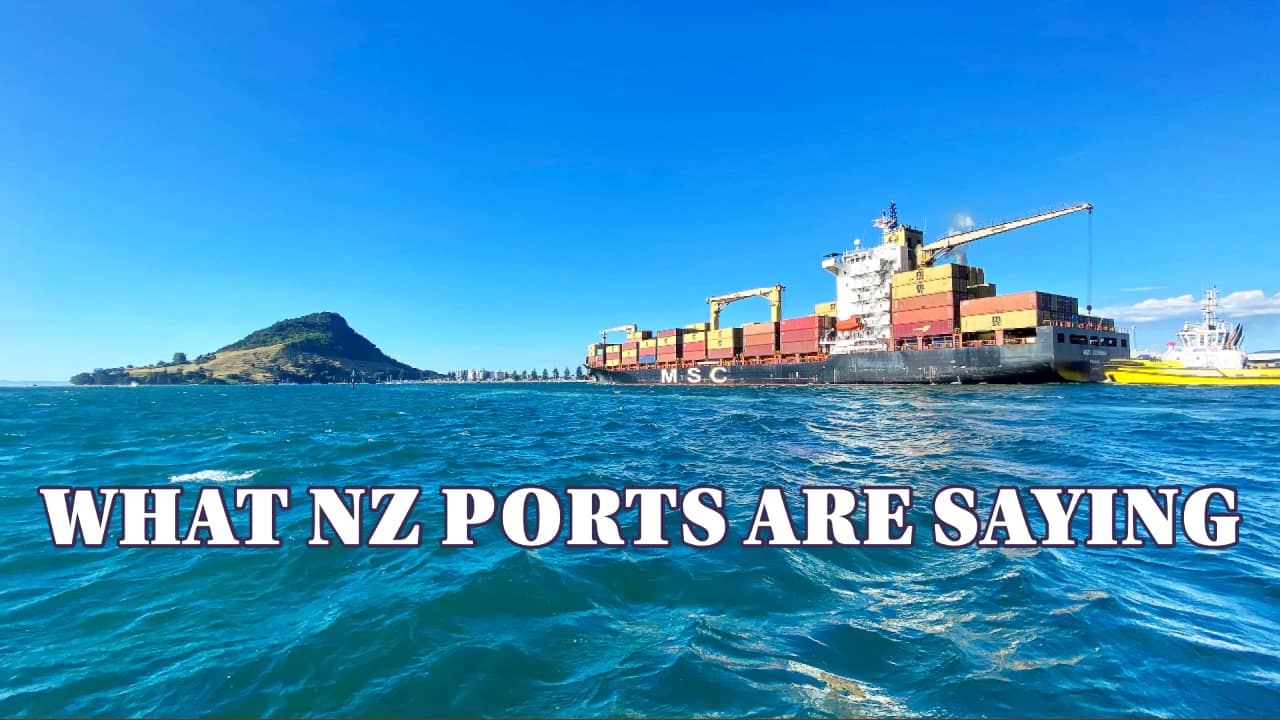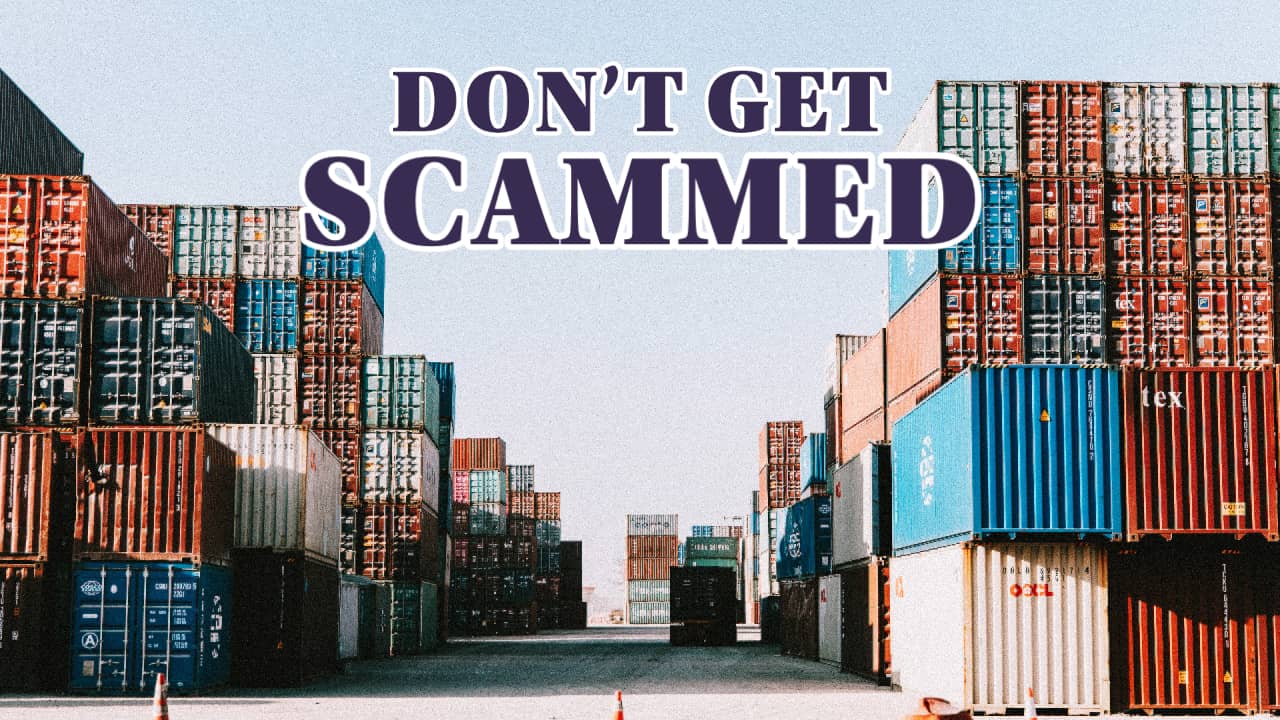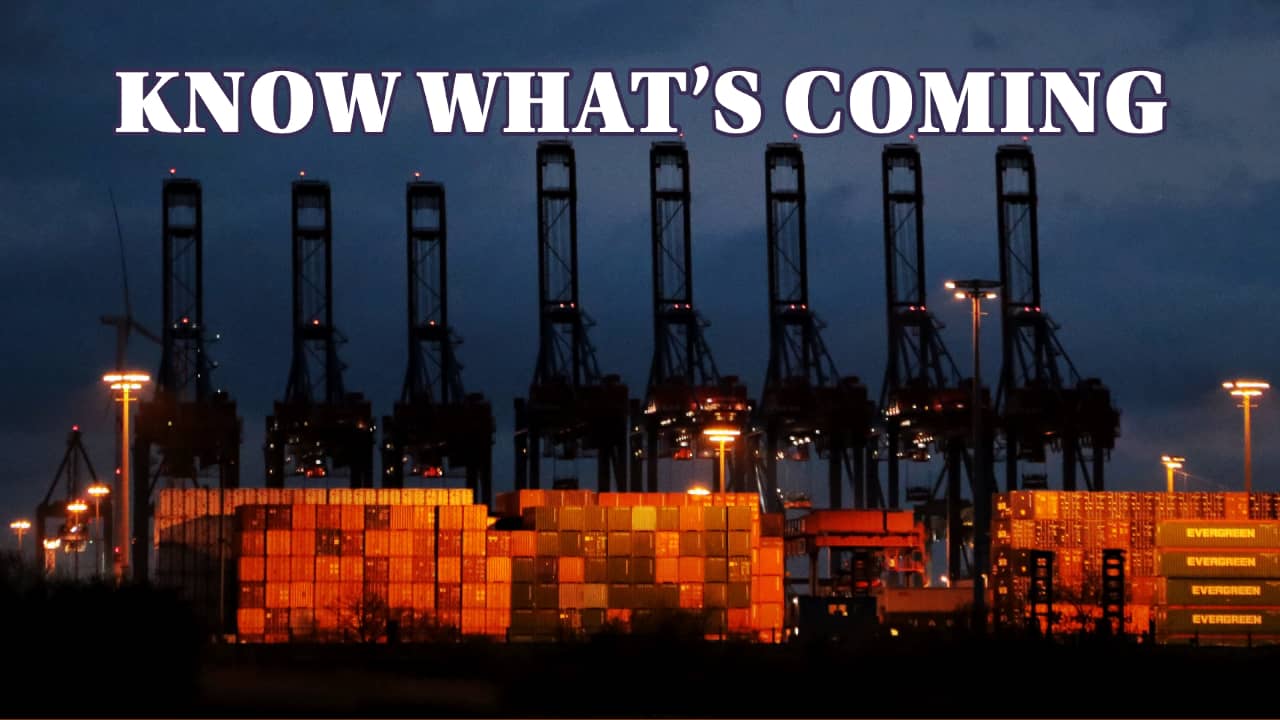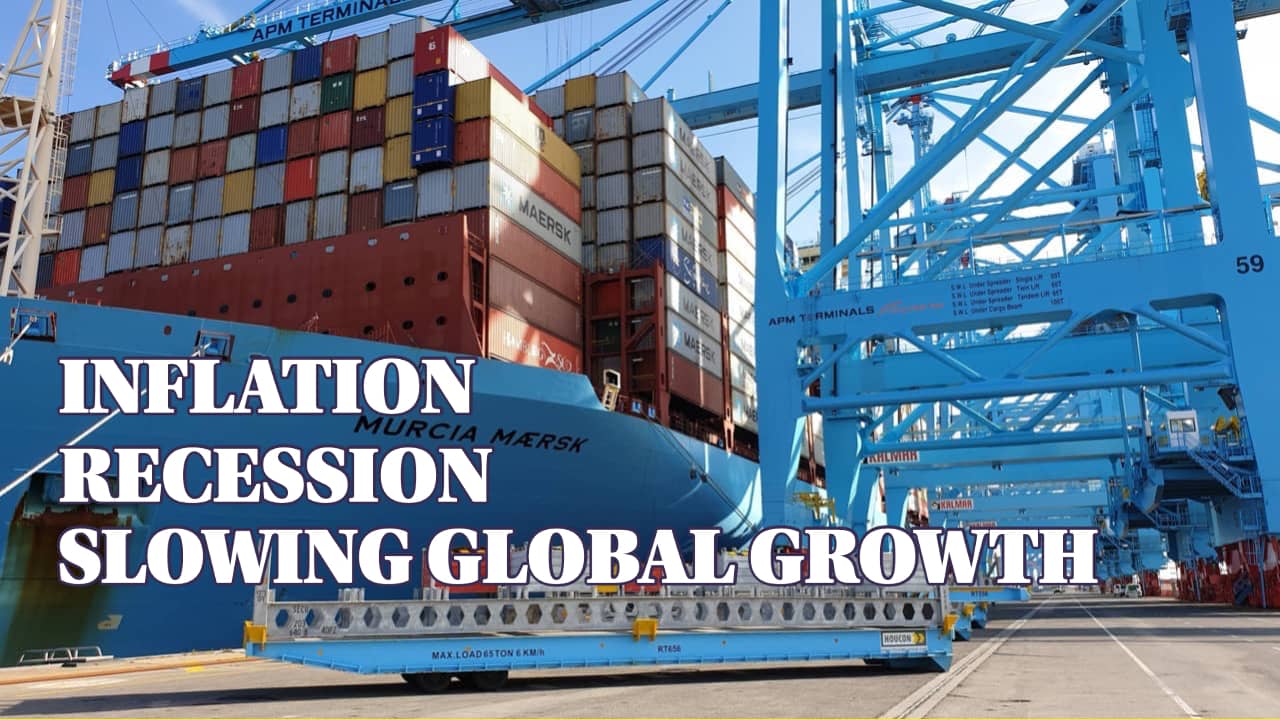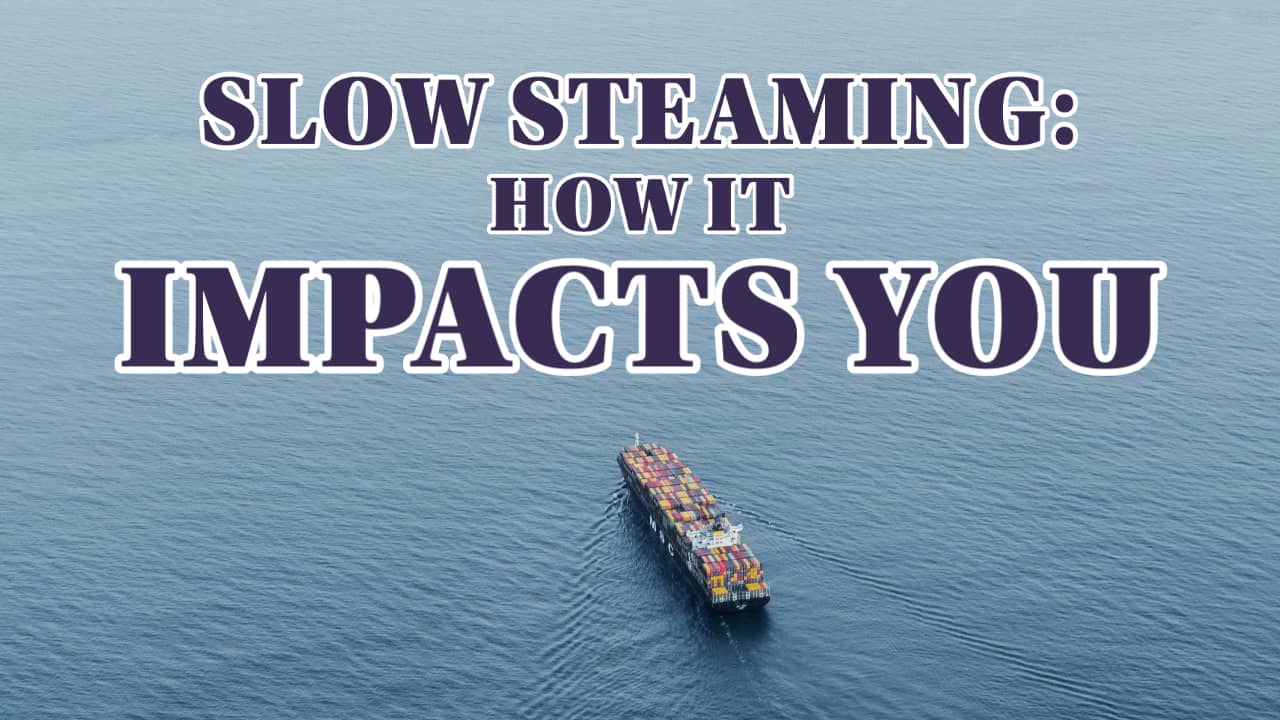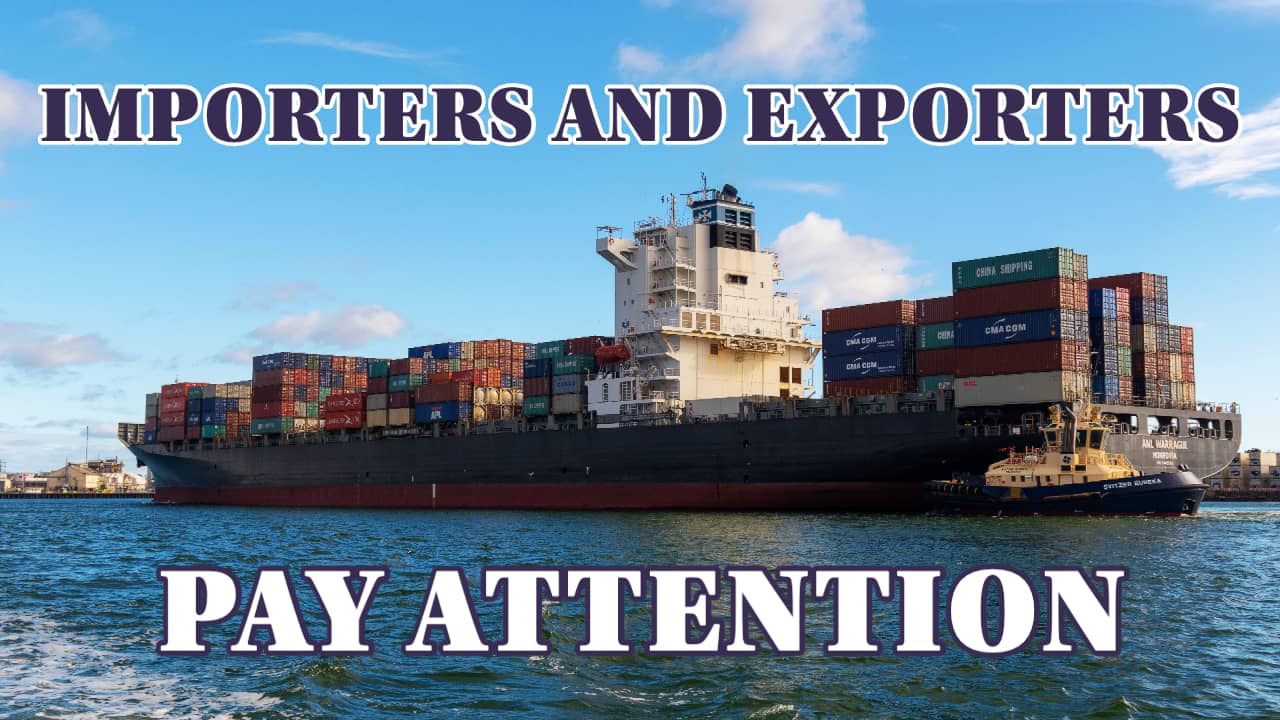Clean Car Programme for Importing Vehicles into New Zealand
5-minute read
The Clean Car Standard (CCS) and the Clean Car Discount (CCD) form the central pillars of a range of government initiatives to tackle transport sector CO2 emission levels and help address climate change.
The Climate Change Response (Zero Carbon) Amendment Act 2019 requires CO2 emissions to be reduced to net zero by 2050. As transport is responsible for 47 percent of the domestic CO2 in New Zealand, this target cannot be achieved without decarbonising transport.
Does New Zealand Have an Empty Depot Problem?
7-minute read
The inability of the New Zealand ports sector to efficiently handle container throughput since the onset of the pandemic and carriers pressuring leanest rates from depots have contributed to serious congestion and capacity issues within the industry.
Do You Know GST and Duty Rules for Goods Purchased Online?
5-minute read
Before shopping online, be sure you think it through carefully and that you know all the possible pitfalls.
If you buy items from overseas that cost NZ$1000 or less, you don’t have to pay anything to NZ Customs, as GST is collected when you purchase your items.
‘Whole of NZ’ Approach Needed to Fix the Supply Chain in NZ
5-minute read
The two years of the COVID -19 pandemic have created a ‘pressure cooker’ of unpredicted issues for ports, and this year’s annual conference of the Customs Brokers and Freight Forwarders organisation provided a sounding board.
Different in size and business profile, the country’s ports are all in the same frustrating pickle when it comes to the complexity of shifting cargo at the border.
How to Become a Secure Exports Scheme Partner (and What are the Benefits for Exporters)
4-minute read
The Secure Exports Scheme (SES) is designed to make exporting easier by helping NZ exporters clear Customs here and overseas. Exporters will need to ensure their goods are packed, stored and transported in a way that meets global customs standards.
For NZ Customs, the Secure Exports Scheme means they have confidence in the exporter’s supply chain security. For exporters, this means less chance of border delays and greater certainty at international borders.
Looking to Buy an Empty Container – Be Aware of Scammers!
1-minute read
Scammers have twice duplicated the website content of the self-storage and container sales company Constore.
The Auckland-based company became aware of these scam sites when potential buyers questioned why their content and photos appeared on other websites.
NZ Importers and Exporters May Face More Costs Due to Carbon-Reduction Initiatives
4-minute read
New Zealand importers and shippers may face more carbon emissions costs than those arising from pending International Maritime Organization (IMO) regulations.
New Zealand Council of Cargo Owners (NZCCO) fears that container lines may opt for slow steaming as a means of complying with the IMO’s Energy Efficiency Existing Ship Index (EEXI) and carbon intensity indicator (CII) requirements, which come into force from January 1 next year.
There’s Never a Boring Day in the Supply Chain
21-minute read
Learn how the soaring logistics and shipping costs feed global inflation. What do inflation, recession, and slowing global growth mean for the logistics industry?
In this extract from Lodestar’s podcast, Mike King and his guests from around the world explore the current state of play in global logistics, shipping and air cargo, covering the biggest news stories of the supply chain, including a briefing on air and ocean freight rates and the macroeconomic environment buffeting the freight industry.
How Vessel Slow Steaming May Affect Your Import/Export Business
3-minute read
Newly-appointed New Zealand Council of Cargo Owners (NZCCO) chair Ant Boyles has expressed concern that container lines may opt for slow steaming to comply with pending International Maritime Organization (IMO) emissions-reducing regulations.
Energy Efficiency Existing Ship Index (EEXI) and carbon intensity indicator (CII) requirements are to come into force from January 1 next year, following amendments to the International Convention for the Prevention of Pollution from Ships (MARPOL) Annex VI.
An Update on the Global Supply Chain Situation
4-minute read
The global shipping line Maersk reports that customers continue to face a raft of challenges as the Russia-Ukraine conflict weighs on the longer-term outlook for the global economy amid concern that inflation and higher energy prices will lead to lower consumer demand, damaging international trade.
According to Maersk, the short-term outlook, however, is more positive. Cargo volumes through Shanghai are returning to pre-lockdown levels, and demand from US consumers is pulling forward the peak shipping season on North American trades.


